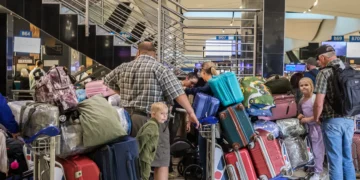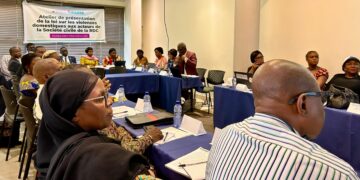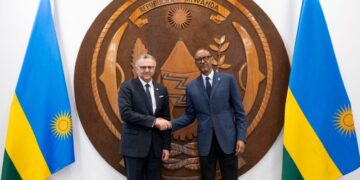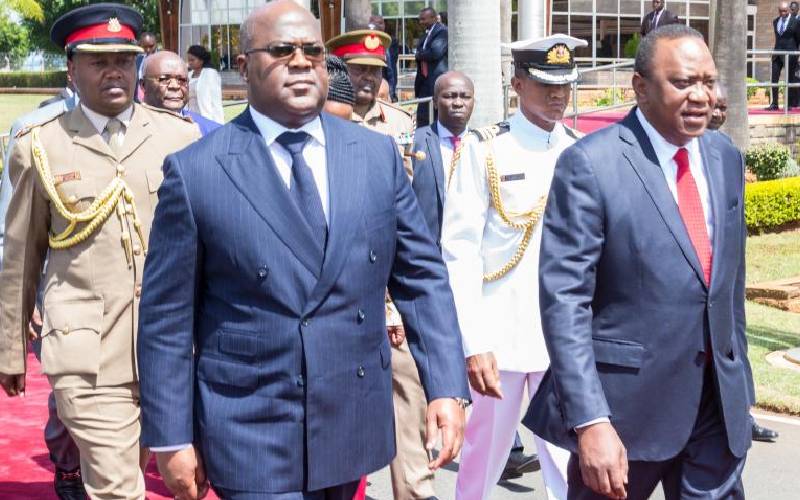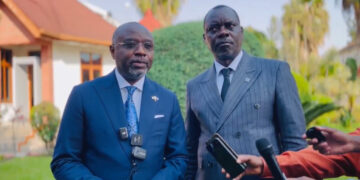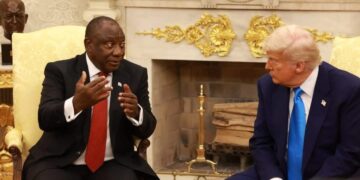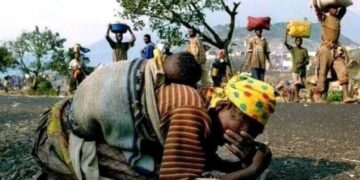“This is not just about isolated incidents it is a cumulative tragedy. Our population has been subjected to repeated atrocities for nearly four years,” said one of the deputies. “The situation is dramatic and demands urgent, coordinated responses to finally bring about sustainable peace.”
Tanganyika, located in southeastern DR Congo, has long struggled with intercommunal violence, particularly between Twa (pygmy) and Bantu communities. The conflict, often rooted in land disputes, socio-economic marginalization, and historical tensions, has led to the displacement of thousands of people, destruction of homes, and persistent insecurity.
The violence has intensified since 2021, with armed groups and local militias regularly clashing, while state authority and security forces remain weak or absent in many rural areas. The most affected territories include Nyunzu, Kalemie, Kabalo, and Kongolo, where reports of massacres, rapes, kidnappings, and the burning of villages have become disturbingly common.
Local civil society organizations estimate that the real death toll could be even higher, as many cases go unreported due to lack of access and fear of reprisals.
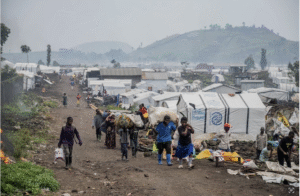
During the meeting, Prime Minister Suminwa acknowledged the gravity of the situation and reaffirmed her government’s commitment to restoring peace in Tanganyika. According to a statement from her office, the Prime Minister promised to strengthen military deployments, improve coordination with humanitarian actors, and accelerate disarmament and reconciliation programs in the region.
“Peace in Tanganyika cannot wait. We will not ignore the suffering of our compatriots,” she reportedly told the deputies.
However, the delegation urged the government to move beyond promises and take concrete actions, including:
-
Reinforcing the presence and effectiveness of the FARDC (Congolese Armed Forces);
-
Deploying a special investigative mission to document crimes committed against civilians;
-
Providing urgent humanitarian assistance to internally displaced persons (IDPs);
-
Engaging local traditional leaders in reconciliation efforts and community dialogue;
-
Working with international partners to prevent future atrocities.
The MPs also used the occasion to call on the United Nations, African Union, and regional bodies to step up their efforts in preventing further bloodshed. They emphasized the need for more visibility and attention to the suffering in Tanganyika, which they say has been largely ignored compared to crises in the eastern provinces like North Kivu and Ituri.
“The silence of the world in the face of our tragedy is painful,” one of the lawmakers stated. “Every life in Tanganyika counts. We cannot accept to be forgotten.”
While the meeting did not lead to an immediate action plan, it marked an important step in elevating Tanganyika’s plight to the highest level of government. Analysts argue that the next few weeks will be crucial in determining whether Kinshasa can translate this renewed attention into real change.
Meanwhile, communities in Tanganyika remain trapped in fear, trauma, and uncertainty desperately awaiting peace, justice, and healing.


